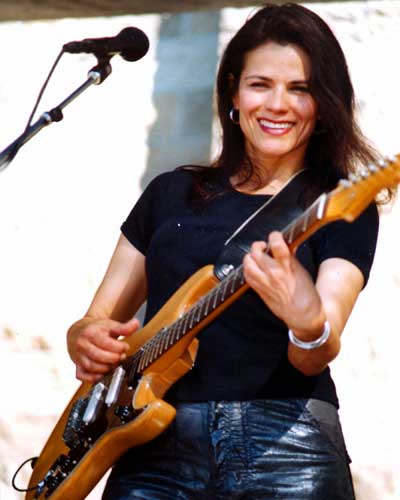
Joyce Cooling

Joyce Cooling
Pete Earley is the bestselling author of such books as The Hot House and Crazy. When he is not spending time with his family, he tours the globe advocating for mental health reform.
"Pete Earley is a fair-minded reporter who apparently decided that his own feelings were irrelevant to the story. There is a purity to this kind of journalism..."
- Washington Post"A former reporter, Mr. Earley writes with authenticity and style — a wonderful blend of fact and fiction in the best tradition of journalists-turned-novelists."
- Nelson DeMille, bestselling author"A terrific eye for action and character. Earley sure knows how to tell a story. Gripping and intelligent."
- Douglas Preston, bestselling co-author of The Relic

Pete Earley is the bestselling author of such books as The Hot House and Crazy. When he is not spending time with his family, he tours the globe advocating for mental health reform.
As a former reporter for The Washington Post, Pete uses his journalistic background to take a fair-minded approach to the story all while weaving an interesting tale for the reader.
Sign up to receive blog posts and the latest from Pete including new books and resources.
Copyright © 2024 · Education Child Theme on Genesis Framework · WordPress · Log in
Your Patti is a real blessing in all of our lives! She is a true inspiration and a gal with a bit of “sass”-and I man that as a compliment! Thanks for sharing her with us!
Your Patti is a real blessing in all of our lives! She is a true inspiration and a gal with a bit of “sass”-and I man that as a compliment! Thanks for sharing her with us!
I plan to purchase a copy of Joyce’s Music. My nephew, who had a mental illness that was not diagnosed, was shot by police 4 years ago on May 8th. I miss him so very much. people say time heals but the pain of his loss hasn’t left. I believe the pain is so great because he was not given the help he was seaking by medical professionals.
I get so angy at the Fairfax police for not providing the media will all that had occurred. Michael was mentallly tortured and physically abused by the two police officers at the Sully Station two weeks before the shooting. The two officers that tortured him were reprimanded for their behavior. They also did not realease all the 911 calls that the Sully Station received before the shooting. One of the callers was my nephew Bobby who called 911 five times and was told to — — — stop calling. He also called and spoke to two detectives as well. Then he pulled in behind a parked police car begging for their help to find Michael. He then was treated horifically for hours. He came to my home afterwards and fell in my husband’s arms.
God Bless all of you who are making a difference.
CK